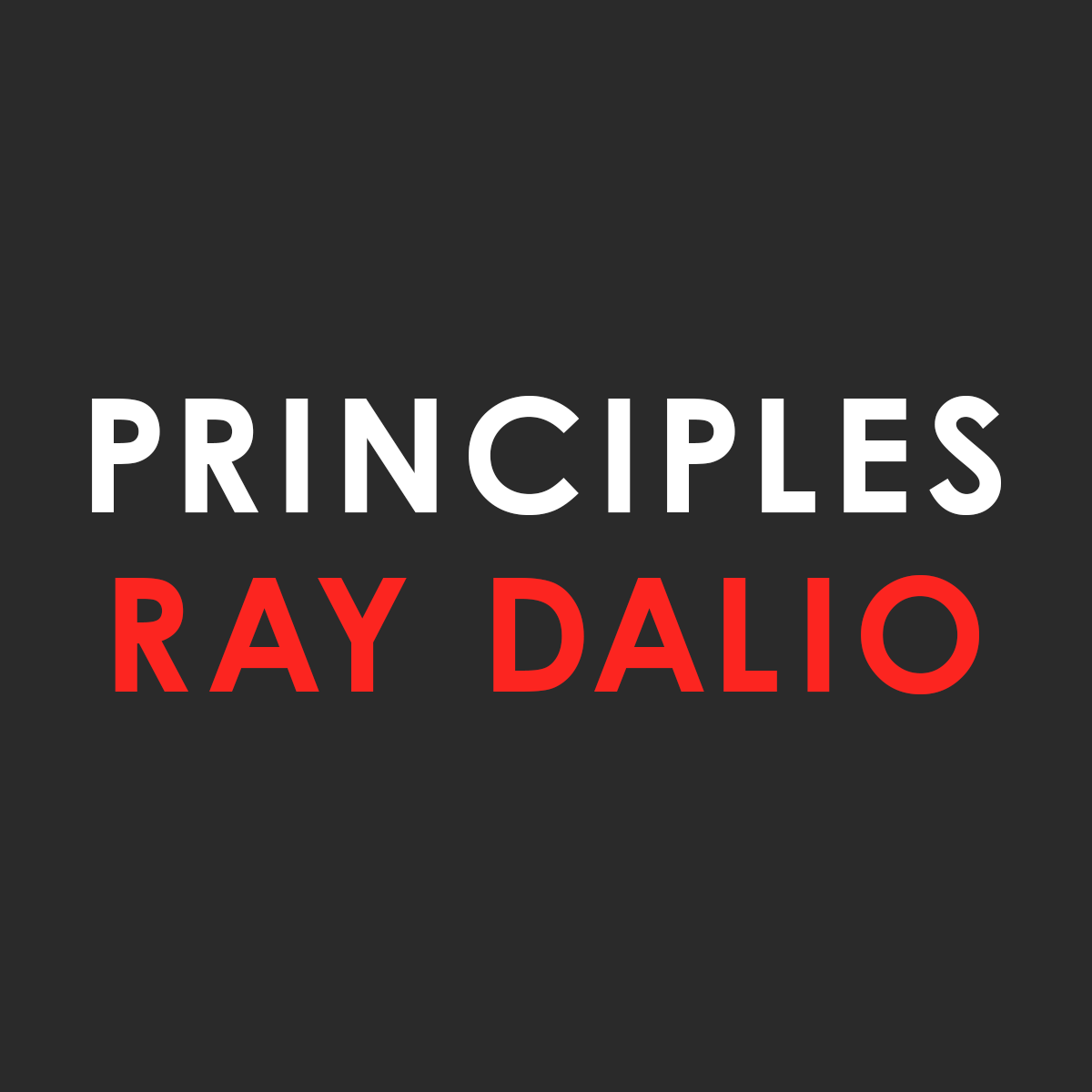Does meritocracy really work?
Meritocracy is a totally merit driven organization. The question today we are going to try to answer is on "Whether it works?". We are also going to review two examples - Netflix and Bridgewater Associates.
Culture building is hard and one can see this from the two examples of so-called merit only cultures. Let's talk about Bridgewater first.
Bridgewater has a culture where people have to fit certain principles to be there. And those who don't meet that criteria are either not hired or let go. Ray Dalio has built a data based culture where people's believability is measured through a "dot collector" software on iPad and the believability of the humans is tracked based on their past performance in different criteria.
This of course is another form of bias and puts people into a different kind of box. A box in which they are constantly under observation by people around (no different from public tracking using video camera's in China). In complex human systems, though past performance of humans are important, future ideas based on one's creativity and innovation especially in an area where they are not yet specialized or experienced - in the Bridgewater scenario will be shot down. That would be a buzzkill for creativity and a new form of hierarchy in action.
Netflix has recently been in the news for letting several senior people go because they talked about some issues in a partially private forum. And therefore did not toe the line. Netflix is well known for classifying their employees into two types of players. "A" players who are kept on... and "B" players who are paid good severance and let go. Now this is certainly not a culture of diversity or inclusiveness. You gotta be an "A" player and fit in. Yes, I get it. They are trying to build an organization of high-class entrepreneurs. No fault in that. But, the flaw is in the 3 times and you are out thinking. Where is the limit to human performance? Why would not someone come up with a world-beating idea the 4th time or a 5th time after they have failed or moderately succeeded?
This is a deliberate flaw in the so-called "Meritocracy" model which believes only in "A" players. No different from past old-school organizations which believed in silo-ing people based on skills and experience. And building a divide and rule culture.
There are ton of organizations which have treated people well and fairly. And allowed people to be themselves. And have closer to true diversity and inclusive practices. And have done as well or better than Netflix or Bridgewater. This list is numerous - Toyota, Southwest Airlines, Zappos, Gore-tech, Patagonia, MorningStar, Handelsbanken, Buurtzorg and several more. Of course, there is no perfect answer and each approach has its own flaws and benefits. The question is "where do you draw a line?"
References:

https://jobs.netflix.com/culture


/cloudfront-us-east-1.images.arcpublishing.com/tgam/TM7M5GVTPRIADN4NKVSLOROX4E.jpg)






